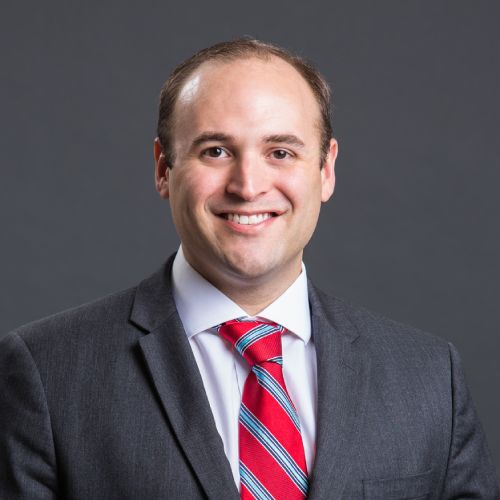Losing a loved one due to someone else’s actions can be devastating, and understanding the legal terms surrounding such situations is crucial for seeking justice. In Florida, two terms often discussed in these contexts are wrongful death and negligence. While they are related, they have distinct legal meanings and implications.
So what is the difference between wrongful death and negligence? Generally, negligence occurs any time someone causes injury to another as a result of violating a duty of care owed to that person. Wrongful death occurs when negligence or an intentional action results in death. In this article, we explore these two legal concepts in depth.
Wrongful Death vs. Negligence: Understanding the Basics
As mentioned, while wrongful death and negligence are related, they have distinct meanings and implications in the legal context.
Wrongful death refers to a situation where an individual dies as a direct result of the negligent, reckless, or intentional actions of another party. Negligence, on the other hand, is a broader legal concept that refers to a failure to exercise reasonable care in a given situation, resulting in harm or injury to another person.
In many wrongful death cases, the underlying cause of death is negligence on the part of the defendant. For example, a negligent driver may cause a fatal car accident, or a healthcare provider’s negligence may lead to a patient’s death. It’s essential to understand that while most wrongful death cases stem from acts of negligence, not all instances of negligence lead to wrongful death.
Legal Implications and Compensation
In wrongful death cases, the legal implications and potential compensation differ from those in negligence cases:
- Wrongful death claims. Surviving family members or designated beneficiaries may file a wrongful death claim seeking compensation for various damages suffered by the family members, including funeral costs, lost financial support, and emotional pain and suffering.
- Negligence claims. In cases where negligence leads to injuries but not death, the injured party themselves typically files a negligence claim seeking compensation for their medical expenses, lost wages, pain and suffering, and other damages.
The exact amount you are entitled to depends on the unique circumstances of your case.
Wrongful Death vs. Medical Malpractice
In legal contexts, wrongful death and medical malpractice are often intertwined, but they also represent distinct concepts with specific legal implications. When medical malpractice leads to a patient’s death, it can result in a wrongful death claim. Examples of medical malpractice and wrongful death cases include surgical errors, misdiagnosis or delayed diagnosis, birth injuries, and medication errors.
While medical malpractice wrongful death cases share similarities with other wrongful death claims, such as the need to prove negligence and seek compensation, they involve unique challenges and considerations due to the medical context. It’s essential to work with legal professionals experienced in both medical malpractice and wrongful death law to navigate these complexities effectively.
What Are Examples of Wrongful Death Cases?
Each of the following examples highlights the diverse situations in which wrongful death claims can arise, emphasizing the importance of understanding legal rights and seeking appropriate legal counsel in such circumstances.
Car Accidents
Fatal car accidents caused by negligent or reckless driving are a common category of wrongful death cases. Causes may include speeding, driving under the influence of alcohol or drugs, distracted driving (such as texting while driving), or disregarding traffic laws.
Workplace Accidents
Wrongful death claims can also stem from workplace accidents where negligence or safety violations lead to fatal injuries. This could include falls from heights, machinery accidents, exposure to hazardous substances, or inadequate safety protocols.
Product Liability
In some cases, defective products or equipment can lead to fatal accidents, resulting in wrongful death claims. This may include faulty machinery, defective vehicles, unsafe pharmaceuticals, or poorly designed consumer products.
Premises Liability
Property owners or managers can be held liable for wrongful death if negligence in maintaining safe premises leads to fatal accidents. Examples include slip and fall accidents, inadequate security resulting in harm, or structural defects causing fatal injuries.
Criminal Acts
Intentional acts of violence or criminal behavior that result in someone’s death can lead to wrongful death claims. This could include assault, murder, manslaughter, or other criminal actions leading to fatal injuries.
Nursing Home Abuse or Neglect
Wrongful death claims can arise in cases of nursing home abuse or neglect, where inadequate care or intentional harm leads to a resident’s death. This may involve neglecting medical needs, physical abuse, emotional abuse, or neglecting basic necessities like food and hygiene.
Seeking Legal Guidance
If you’re wondering what is the difference between wrongful death and negligence, James Horne Law PA is here to help. Meaningful legal recovery is best obtained through professional expertise and compassionate support. For personalized legal guidance in wrongful death or negligence cases, contact James Horne Law PA. Our team is dedicated to helping clients understand their rights, seek justice, and obtain fair compensation.


